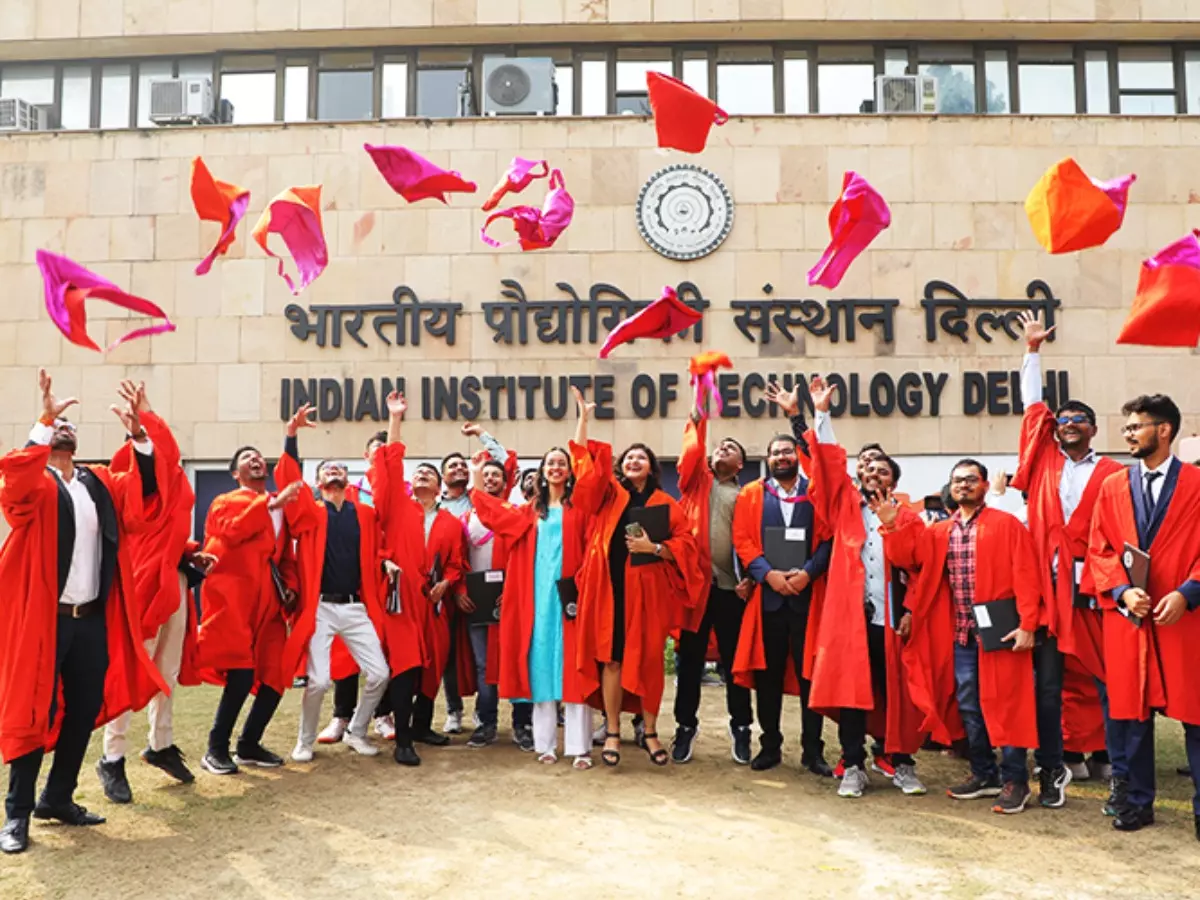IIT alumnus highlights reverse brain drain: Fewer IITians moving to the US, more choosing to stay back in India¡ªhere's why
Aviral Bhatnagar's analysis of reverse brain drain highlights a positive shift: more IIT graduates are choosing to stay in India instead of moving abroad, driven by the country¡¯s booming tech ecosystem and competitive opportunities. While some attribute the trend to visa caps or alternative destinations, others see it as a testament to India's growing appeal for top talent.

Aviral Bhatnagar, the Founder and Managing Partner of AJVC, a pre-seed fund focused on investing in Indian startups, recently shared a LinkedIn post highlighting a positive development: the phenomenon of reverse brain drain in India. This trend, which has caught his attention, points to a growing shift worth celebrating.
Brain drain happens when highly skilled and talented individuals leave their home country for better career opportunities, higher salaries, or improved living conditions abroad.
So the fact that there is a reverse brain drain in India signals that such people are now opting to remain in the country¡ªa trend Bhatnagar noticed during his 10-year reunion for IIT Bombay's 2014 batch, where he observed how few of his peers were now based in the U.S.
Curious, he dug deeper, analysing data from the top 5 IITs over 10-year intervals. The numbers were striking:
- IIT Bombay: 22% ¡ú 6%
- IIT Delhi: 16% ¡ú 4%
- IIT Madras: 26% ¡ú 5%
- IIT Kanpur: 21% ¡ú 6%
- IIT Kharagpur: 20% ¡ú 5%
But what's driving this shift? Is it because fewer people are able to go abroad because of visa issues, or is there a deeper reason?
Bhatnagar believes the change stems from India's booming growth as both a nation and a tech powerhouse.
He explains, "I suspect this shift has a lot to do with India's explosion as a country + tech ecosystem, attracting the best and brightest."
He adds, "You can earn compensation in India equal to or even better than in the US at purchasing parity, while being in India. It is always a good idea to follow the most talented for future trends."
How did people respond?
In comments, varying perspectives emerged.
One highlighted the limitations of visa policies, pointing out that while the number of IIT graduates has grown, U.S. visa caps like H1B have remained stagnant. He suggested that the shrinking percentage of IITians in the U.S. might also reflect an expanding denominator, not necessarily a significant drop in absolute numbers.
Bhatnagar countered, emphasising that even on a capped base, the trend is declining, raising questions about why fewer graduates are pursuing U.S. opportunities.
Ajay Singh Tomar speculated that IIT graduates might be favouring other countries over the U.S., but Aviral clarified that most are choosing to stay in India, supported by data showing the country as the majority preference.
Another perspective noted the rise in Indians giving up citizenship for foreign passports, particularly among the emerging middle class. Aviral observed that while Tier-2 city professionals see emigration as a status move, top-tier college graduates increasingly prefer staying in India.
And yet others celebrated the shift as a sign of India¡¯s growing global competitiveness, with startups offering compelling opportunities for top talent.
What's your opinion on this?
To stay updated on the stories that are going viral, follow Indiatimes Trending.










